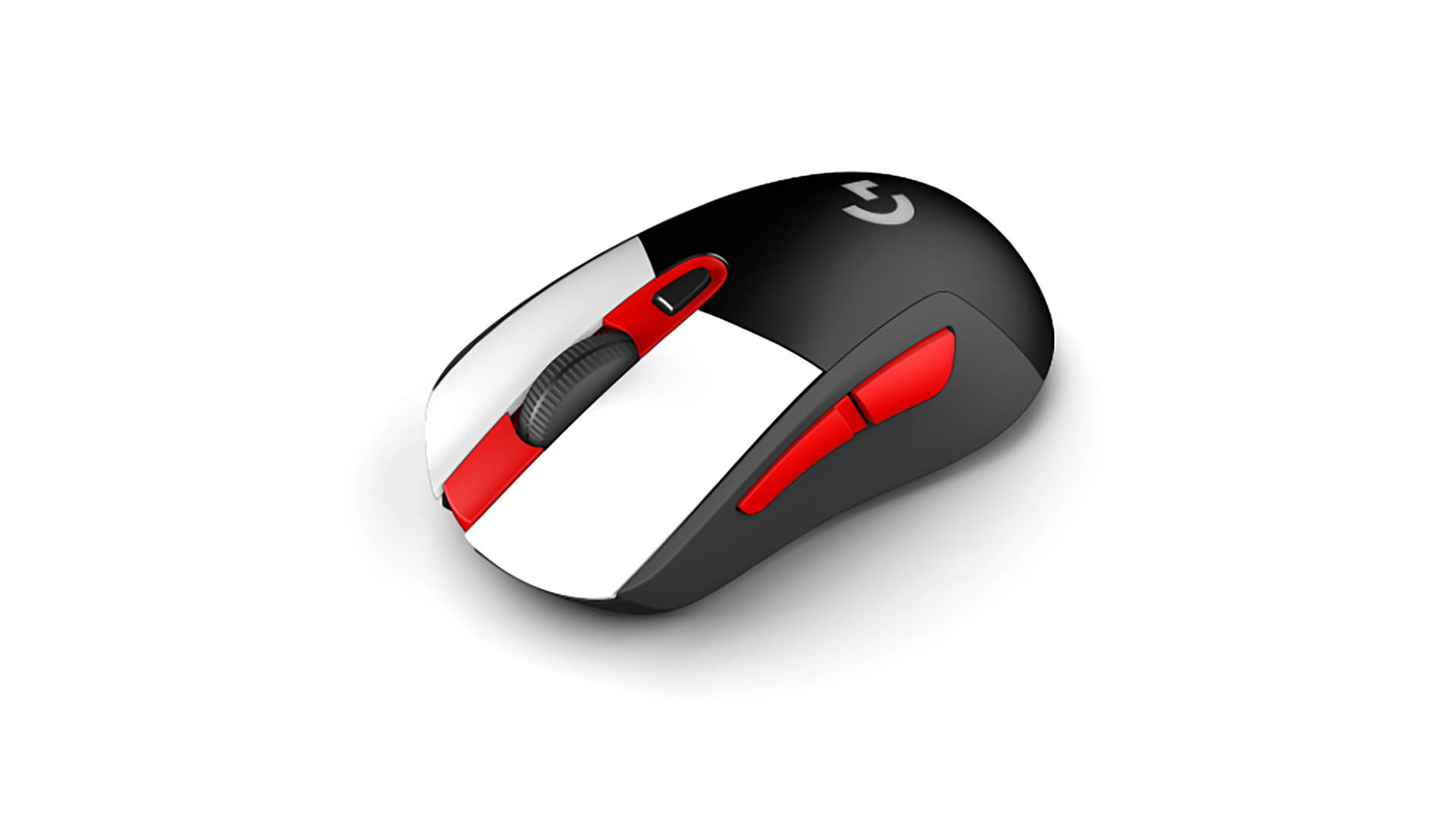Firefox update kills Adobe Flash support and protects against evil supercookies
All of the major browsers have now ended support for Adobe Flash.

Mozilla has begun pushing out Firefox 85, and with the latest release comes the unceremonious end of Adobe Flash support on all major web browsers. Apple was the first to kick Flash to the curb in its Safari browser last September. Then Google did the same with Chrome last week, followed by Microsoft Edge a day later.
The widespread banishment has been a long time coming. Adobe itself set in motion Flash's demise in 2017, when it acknowledged that open standards like HTML5 and WebGL have matured to the point where Flash was no longer needed. And so began its gradual end-of-life process.
Now with Firefox 85, the browser no longer supports Adobe Flash out of the gate. Furthermore, there is no setting to re-enable support.
In addition to banishing Flash, Firefox 85 aims to improve privacy by cracking down on so-called supercookies.
"Supercookies can be used in place of ordinary cookies to store user identifiers, but they are much more difficult to delete and block. This makes it nearly impossible for users to protect their privacy as they browse the web," Mozilla explains in a blog post.
"Over the years, trackers have been found storing user identifiers as supercookies in increasingly obscure parts of the browser, including in Flash storage, ETags, and HSTS flags. The changes we're making in Firefox 85 greatly reduce the effectiveness of cache-based supercookies by eliminating a tracker's ability to use them across websites," Mozilla adds.

Best gaming mouse: the top rodents for gaming
Best gaming keyboard: your PC's best friend...
Best gaming headset: don't ignore in-game audio
On the technical side, Firefox 85 achieves this by using a different image cache for every website a user visits. So for example if the same image is embedded on multiple sites, Firefox will no longer load the image from local cache, but reload it from the network.
Keep up to date with the most important stories and the best deals, as picked by the PC Gamer team.
There are other caches that trackers can abuse as well, in order to build supercookies.
"To further protect users from connection-based tracking, Firefox 85 also partitions pooled connections, prefetch connections, preconnect connections, speculative connections, and TLS session identifiers," Mozilla says.
According to Mozilla, this has a negligible impact on performance—its own page load testing saw between a 0.09 to 0.75 percent increase at the 80th percentile and below, and a maximum jump of 1.32 percent at the 85th percentile.
If you already have Firefox installed, you can grab the latest update by clicking on the three horizontal bars in the upper-right corner, then selecting Help > About Firefox.
Paul has been playing PC games and raking his knuckles on computer hardware since the Commodore 64. He does not have any tattoos, but thinks it would be cool to get one that reads LOAD"*",8,1. In his off time, he rides motorcycles and wrestles alligators (only one of those is true).


